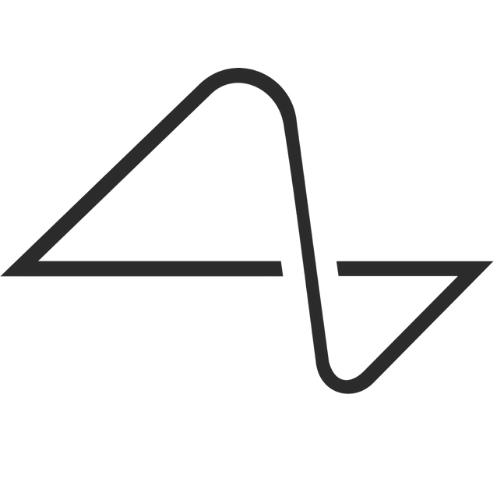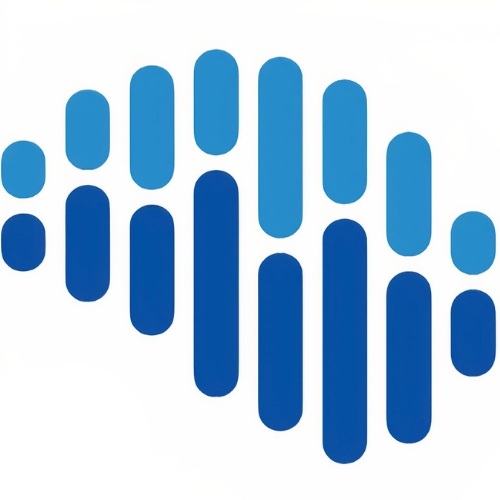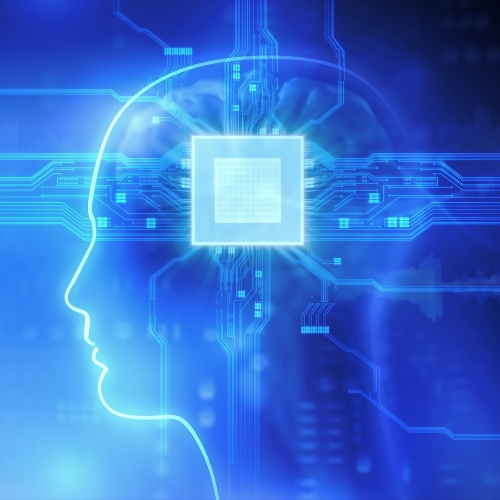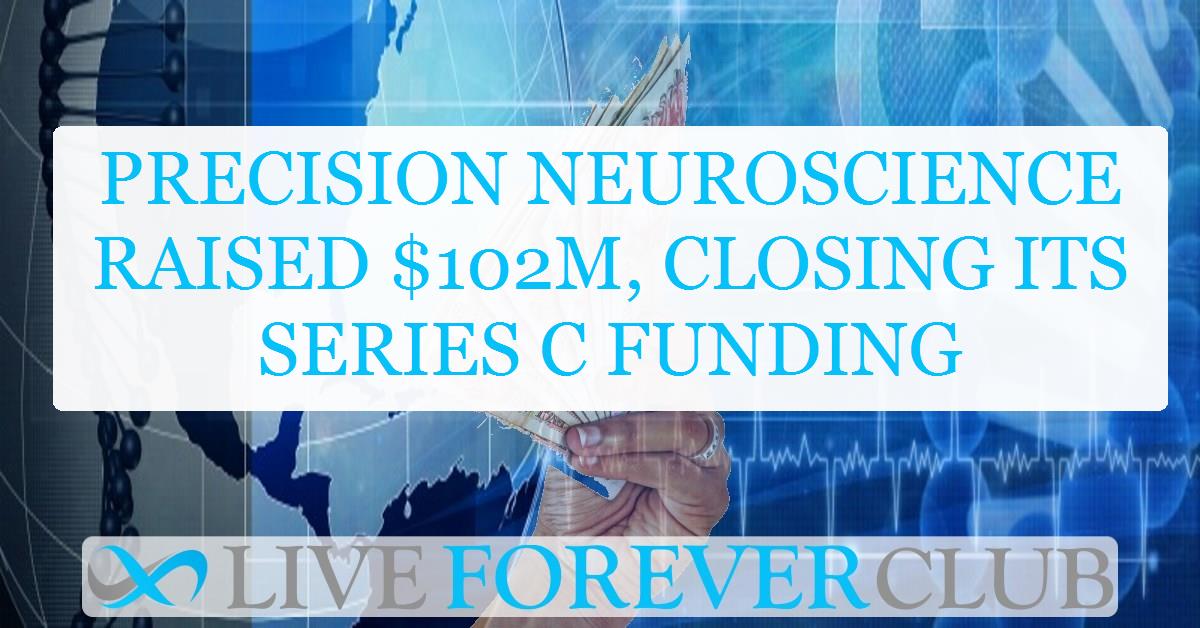Key points from article :
Precision Neuroscience, a cutting-edge brain-computer interface (BCI) company, has successfully closed its Series C funding round, raising an impressive $102 million. The funding was led by General Equity Holdings and brought the company’s total capital raised to $155 million. Additional investors included Steadview Capital, B Capital, and Duquesne Family Office, the investment firm of renowned financier Stanley F. Druckenmiller.
This latest funding milestone follows closely on the heels of the company’s $93 million funding announcement just two months ago, with the recent deal valuing Precision Neuroscience at approximately $500 million.
Based in New York, Precision Neuroscience is at the forefront of AI-integrated brain technology. The company’s flagship product, the Layer 7 Cortical Interface, is a brain implant designed to conform to the brain's surface and enable users to operate digital devices using thought alone. Currently undergoing testing, this revolutionary device leverages thin-film electrodes to record brain signals, which are processed by a local unit positioned between the scalp and the skull. These signals are then translated into actions on connected digital devices.
Precision Neuroscience was founded by neurosurgeon Ben Rapoport, who also co-founded Neuralink, the brain implant company launched by Elon Musk.
Precision Neuroscience operates in a rapidly evolving market alongside notable competitors like Neuralink and Synchron. Neuralink, established in 2016, has raised over $685 million and recently received approval for its feasibility study, CONVOY. The study will explore the application of Neuralink’s wireless N1 implant to control an investigational robotic arm. Last year, Neuralink closed a $43 million Series D funding round, according to an SEC filing.
Synchron, another significant player in the BCI space, is focused on developing FDA breakthrough neuroprosthesis devices for individuals with paralysis. In September, Synchron highlighted its groundbreaking achievements when a 64-year-old patient with ALS successfully controlled his smart home using Synchron’s BCI.
The device enabled him to interact with Amazon’s Alexa ecosystem entirely hands-free. Synchron shared: “This capability allows Mark to utilize the Synchron brain-computer interface to select customized tiles that perform pre-set Alexa actions, like turning on and off lights, making video calls, playing music and shows, controlling smart home devices, reading books on Kindle or purchasing items on Amazon—entirely hands and voice-free.”
With its substantial funding and promising technology, Precision Neuroscience is well-positioned to advance its mission of seamlessly integrating human intelligence with AI. As the BCI field continues to expand, the company’s innovative approach and robust backing signal a transformative era for neurotechnology.







